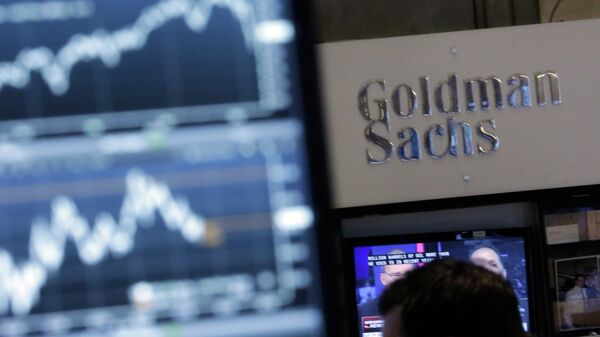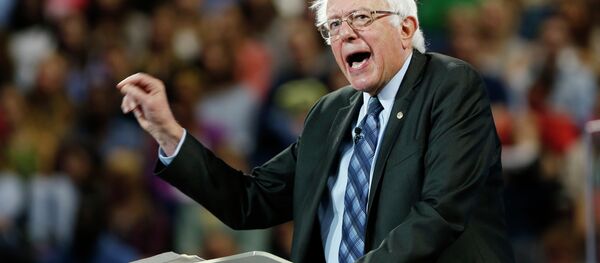Kristian Rouz – Global investment bank Goldman Sachs lowered its estimate of US economic growth in the current quarter by one-third, citing the disruptive impact of hurricanes Irma and Harvey. Given that the interruption in oil production and processing in Texas and Louisiana, as well as manufacturing and finance in Florida have had such significant negative effects on the entire US economy, the prominence of the American South in the US economy is subject to thorough attention.
The damage wrought by Hurricane Harvey is expected to cost $70 bln to undo, while Irma is expected to cost the US up to $200 bln, prompting the investment bank to slash 1 percent off its Q3 GDP growth expectations. Goldman Sachs previously expected the US economy to expand by around 3 percent (annualized) this quarter.
"Modelling these effects, we estimate that hurricane-related disruptions could reduce 3Q GDP growth by as much as 1 percentage point," Goldman said.
The bank noted that a drop in consumer spending, business inventories, construction and the oil sector will hamper Q3 growth the most.
Subsequently, a rise in payrolls in September is poised to slow, which will also affect broader inflation. The price index has already been underperforming for years, challenging the Federal Reserve’s policy decisions, and the two hurricanes will most likely result in a pause in further monetary tightening.
In September, Goldman said, the US economy will add between 20,000 and 100,000 fewer jobs than expected earlier.
However, the bank did not include in its projections the post-hurricane recovery efforts. Coupled with increased and coordinated government spending, the drop in the value of assets in the affected areas will encourage business spending, also producing multiple construction jobs which otherwise would not have appeared.
The hurricanes have opened vast opportunities to enter the otherwise overpriced property markets of Texas and Florida, including commercial real estate, and with solid economic growth projections in both states, investors entering the market at its post-hurricane lows could extract significant medium-term benefits.
However, it is unclear where the recovery money comes from; according to some estimates, the US are hardly able to afford the rebuilding efforts, as the challenges of the debt ceiling and lack of available budget funds are marring the recovery outlook.
“However, we expect this weakness to reverse over the subsequent three quarters, more than recouping the lost output,” Goldman said. “Accordingly, we are also increasing our respective quarterly growth forecasts by 0.4 percent, 0.2 percent, and 0.4 percent for Q4, Q1, and Q2, (to +2.7%, +2.5%, and +2.4%). We will revisit these estimates once reliable information about the toll from Irma becomes available.”
Additionally, the fiscal package that will boost the US infrastructure spending is about to kick in, and the hurricane destruction will allow that money to be spent that money more efficiently in Texas and Florida.
Goldman’s estimates also emphasise the importance of the American South to the overall US economy. Damages done to just two states will have produced an expected drag of 30-percent to the overall pace of economic expansion, which is quite significant.






